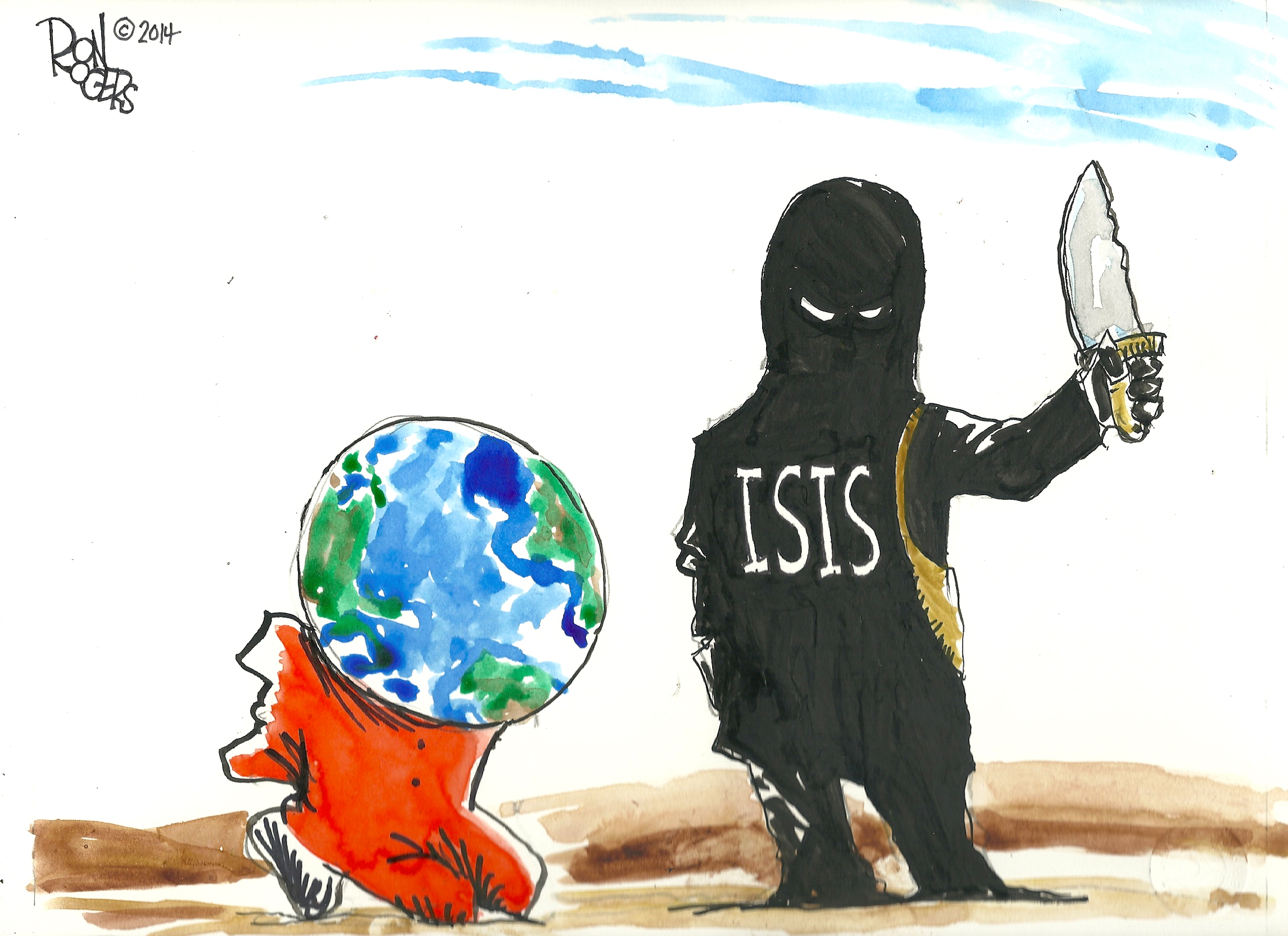A US counter-terrorism chief has said the ability of ISIS to “reach globally is still largely intact” despite losing ground in Iraq and Syria.
Nick Rasmussen, Director of the National Counter-terrorism Center since 2014, said the “there is not, in fact, a direct link between ISIS’s battlefield position in Iraq and Syria and the group’s capacity to inspire external attacks.”
He was speaking to the Senate Homeland Security Committee.
He noted that he expects the group to become a covert operation a covert operation that will still conduct and inspire attacks around the world.
This is despite Iraqi troops supported by US-led coalition forces expelling Isis from strongholds in Mosul and Tal Afar in Iraq, while US-backed forces being close to doing the same in Raqqa, Syria.
This has forced the remnants of the Isis terrorists down into the middle Euphrates River valley where a last-stand siege is expected.
However, Mr Rasmussen said the group’s presence on the internet and social media in particular would allow it to continue to recruit followers globally.
When its defeat on the battlefield is final, he said, US terror experts expect it to revert to the form it took in an earlier incarnation from 2004 to 2008.
Battlefield wins are crucial but an “insufficient step in the process of eliminating the Isis threat to our interests,” Mr Rasmussen said to the committee
“It’s simply going to take longer than we would like to translate victory on the battlefield into a genuine threat reduction.”
One positive note in Mr Rasmussen’s statement was that the number of ISIS fighters repatriating to home countries was not nearly as large as US counterterror experts had expected.
Most have actually opted to remain fighting with the group, ready to die, he explained.
“That’s a good thing, that we’re not going to have to deal with thousands and thousands of foreign fighters departing the conflict zone,” he noted.
But, Mr Rasmussen warned the Senate that what matters will be the “quality” of ISIS fighters who leave.
“The wrong set” of fighters who may have specialised skills or “deep connections into an extremist community in Europe or potentially here inside the US, they could pose a significant threat to us.”
Other groups also pose a problem as well.
Though Isis has remained the main focus of counter-terror efforts in the region, groups like al Qaeda that have rebranded and found refuge as Hayat Tahrir al-Sham in the Idlib province of Syria, remain as a threat.
He called al-Qaeda a “strikingly resilient organisation” that continues to recruit, fundraise, and maintain regional relationships.
Mr Rasmussen confirmed that aviation continues to be a target for both groups.
Recently, there was a foiled attempt to bomb an aircraft in Australia.
“Terrorists are aware of security procedures. They watch what we do and they try to learn from it,” he said, adding that these organisations are able to adapt tactics to work around airport security measures.








































admin in: How the Muslim Brotherhood betrayed Saudi Arabia?
Great article with insight ...
https://www.viagrapascherfr.com/achat-sildenafil-pfizer-tarif/ in: Cross-region cooperation between anti-terrorism agencies needed
Hello there, just became aware of your blog through Google, and found ...